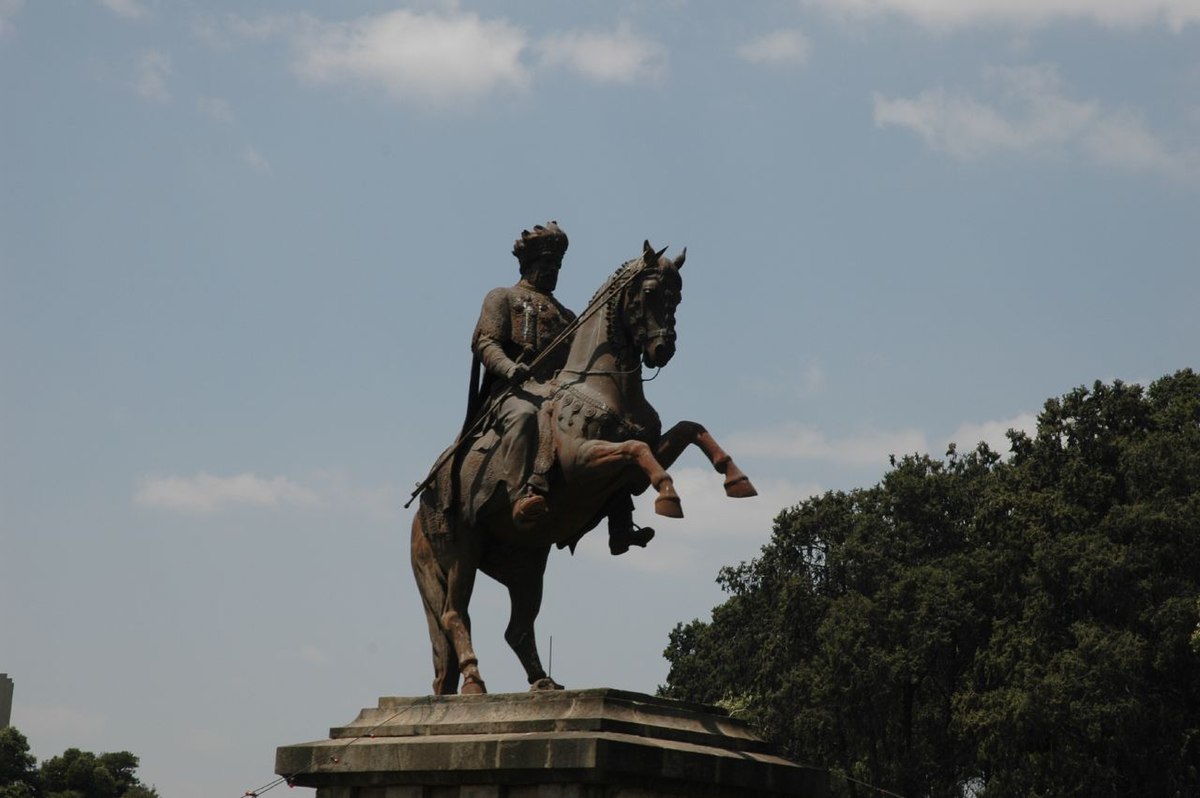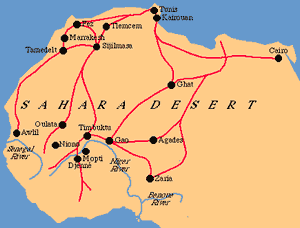Ethiopia vs. Italy: The Battle That Shook Europe

Ethiopia vs. Italy: The Battle That Shook Europe
Discover how Ethiopia defeated Italy at the Battle of Adwa in 1896. Learn how Emperor Menelik II, Empress Taytu, and Ethiopian forces shocked Europe, preserved independence, and inspired generations of African resistance.
Some battles change borders. Others change the whole vibe of a continent. The Battle of Adwa (1896) was one of those rare moments in history. On that day, Ethiopia didn’t just defend its land; it sent a shockwave through Europe’s “Scramble for Africa.” Adwa wasn’t simply Ethiopia vs. Italy. It was Africa vs. colonial arrogance. And spoiler alert: Ethiopia won, decisively.
Setting the Stage: Europe’s African Shopping Spree
The late 1800s was Europe’s Black Friday sale on Africa. At the Berlin Conference (1884–85), European powers gathered around a table to slice up the continent like a birthday cake, ignoring the fact that millions of Africans already lived there. Italy, the new kid on the European block (unified in 1861), wanted its share of the buffet. They had grabbed Eritrea and parts of Somalia. Still, their eyes were on Ethiopia, a nation with a proud history stretching back to Aksum, a strong monarchy, and a population that wasn’t exactly looking for new landlords. To get their way, the Italians used what colonisers often used: paperwork with a side of deceit.
The Treaty of Wuchale: The Colonial Catfish
In 1889, Italy signed a treaty with Emperor Menelik II of Ethiopia. On the surface, it looked like a friendship deal. But here’s the plot twist: the treaty came in two versions. The Amharic version stated that Ethiopia could choose to use Italy for foreign diplomacy, and the Italian version stated that Ethiopia had no choice; it was basically under Italian protection (aka colony status). That’s like signing a tenancy agreement for one room, only to find out as the landlord that the tenant is claiming he rented the whole house. When Menelik discovered the bait-and-switch, he wasn’t having it. He rejected Italy’s “protectorate” nonsense and prepared for war.
Enter Menelik II: The King Who Played Chess, Not Checkers
Menelik II wasn’t just sitting on a throne looking majestic. He was calculating like a grandmaster. He knew the Italians had modern weapons, so he levelled the playing field:
• Unity. He brought together Ethiopia’s diverse groups, Amhara, Tigray, Oromo, Shoa, and more. Think about it: rival regions that didn’t always see eye to eye rallied for a common cause.
• Arms. Menelik sourced weapons from France and Russia. Ethiopia wasn’t just throwing spears; they rolled up with rifles, artillery, and ammo.
• Strategy. He understood logistics, terrain, and morale. His wife, Empress Taytu Betul, was also a powerhouse, personally leading troops and pushing for resistance when others hesitated.
This wasn’t a ragtag rebellion; it was a coordinated national defence.
March 1, 1896: The Battle of Adwa
Now to the main event. On March 1, 1896, Ethiopian and Italian forces clashed at Adwa in northern Ethiopia.
• Numbers game. Italy brought about 17,000 troops (plus askaris — African soldiers recruited by colonisers). Ethiopia fielded anywhere between 70,000 and 100,000 fighters. Do the math.
• Terrain advantage. The battle unfolded in Ethiopia’s rugged highlands, territory Menelik’s forces knew well. Italy? Not so much.
• Leadership. Menelik directed the main force, while Empress Taytu commanded 5,000 troops, managing artillery and supply lines. Let that sink in: Ethiopia had a warrior queen leading on the battlefield.
The result? Italy got wrecked. Ethiopian forces encircled them, overwhelmed their positions, and by the end of the day, more than 6,000 Italian soldiers were dead. Thousands more were wounded or captured. The Ethiopians had proven what Europe didn’t want to believe: Africa wasn’t just going to roll over.
Europe Reacts: The Shockwave
The news of Ethiopia’s victory at Adwa spread like wildfire. For Europe, it was embarrassing. A non-European, Black African nation had just defeated a European power in open battle. Italy, humiliated, had to sign the Treaty of Addis Ababa (1896), formally recognising Ethiopia’s independence. Across Africa and the diaspora, the win was electrifying. Colonised people saw Ethiopia as proof that resistance was possible. From Harlem to Harare, Adwa became a symbol of hope.
Why Adwa Still Matters
Adwa wasn’t just a battle; it was a turning point with lasting effects. Here’s why it still matters today:
1. Ethiopia Stayed Independent. While almost all of Africa was colonised, Ethiopia remained independent during the Scramble for Africa. That independence wasn’t a fluke; it was earned on the battlefield.
2. A Symbol of African Resistance. Adwa became a rallying cry for Pan-Africanism. Leaders like Marcus Garvey and later movements for independence across the continent drew inspiration from Ethiopia’s defiance.
3. Women in War. Empress Taytu’s role at Adwa shatters the stereotype of African women as passive bystanders in history. She was both a political strategist and a battlefield commander.
4. Checkmate on Colonial Arrogance. Adwa forced Europe to respect Ethiopia diplomatically. Menelik II didn’t just win militarily; he leveraged victory to secure trade, diplomacy, and recognition on equal footing with global powers.
Legacy in Culture and Memory.
Today, Adwa is celebrated every March 1st in Ethiopia with parades, cultural events, and national pride. Monuments stand to honour the fighters, and the story is passed from generation to generation. Globally, Adwa is remembered in books, music, and speeches as one of the defining moments of African resistance. Bob Marley even referenced Ethiopia’s spirit in his songs, tying it to Rastafarianism and Black liberation. The battle lives on not as dusty history, but as a living example of resilience.
The Takeaway: Don’t Sleep on Ethiopia
The Battle of Adwa wasn’t just about Italy losing. It was about Ethiopia showing that unity, strategy, and sheer willpower could topple colonial arrogance. Think about it, a so-called “developing nation” with limited resources went head-to-head with a European empire and won. That’s not just history, that’s a blueprint. So the next time someone talks about Africa’s history as if it’s all tragedy and defeat, remind them of Adwa. Remind them of the day Ethiopia shook Europe. Because sometimes, history isn’t written by the victors. Sometimes, it’s written by the underdog who refused to lose.


